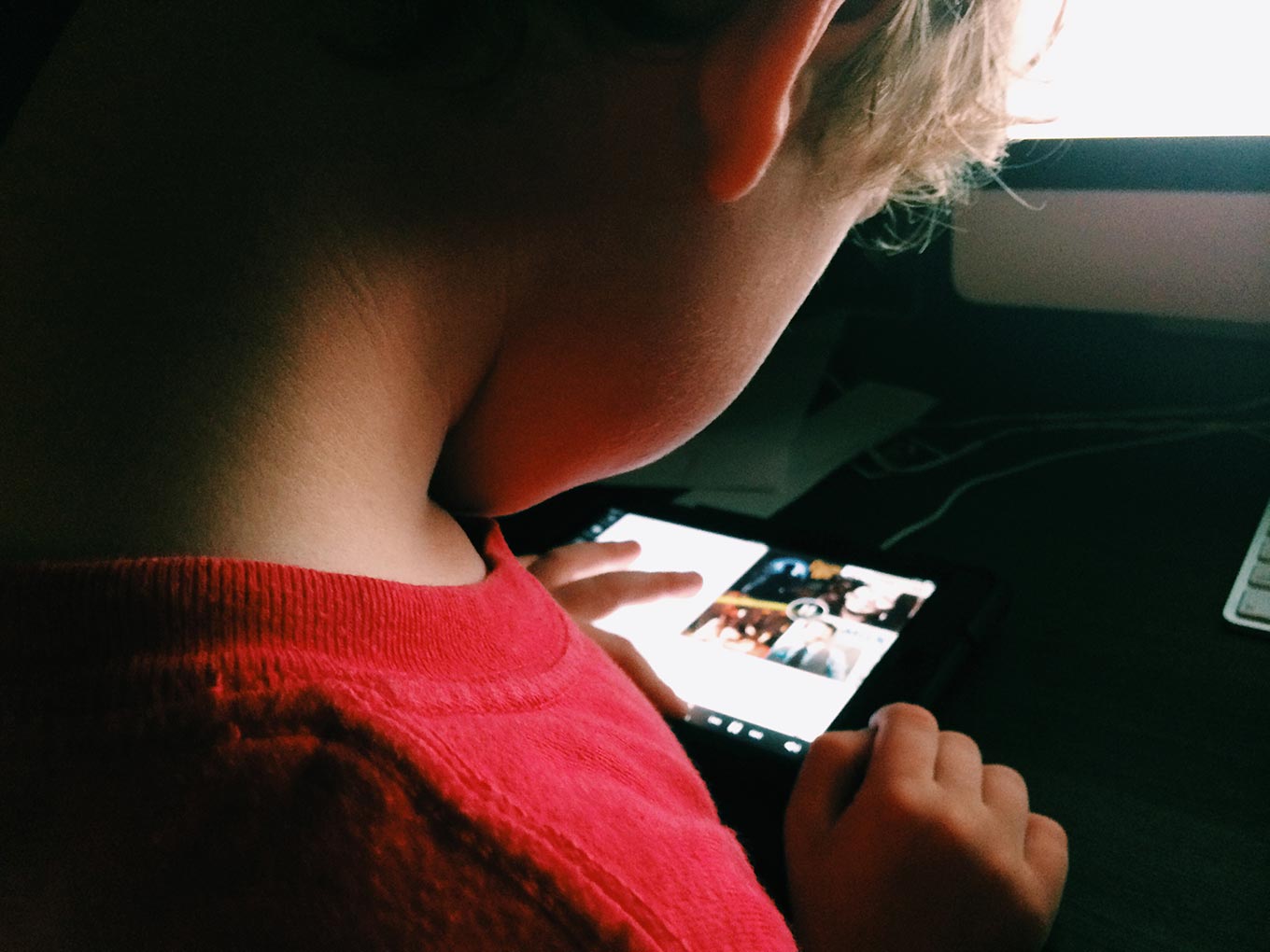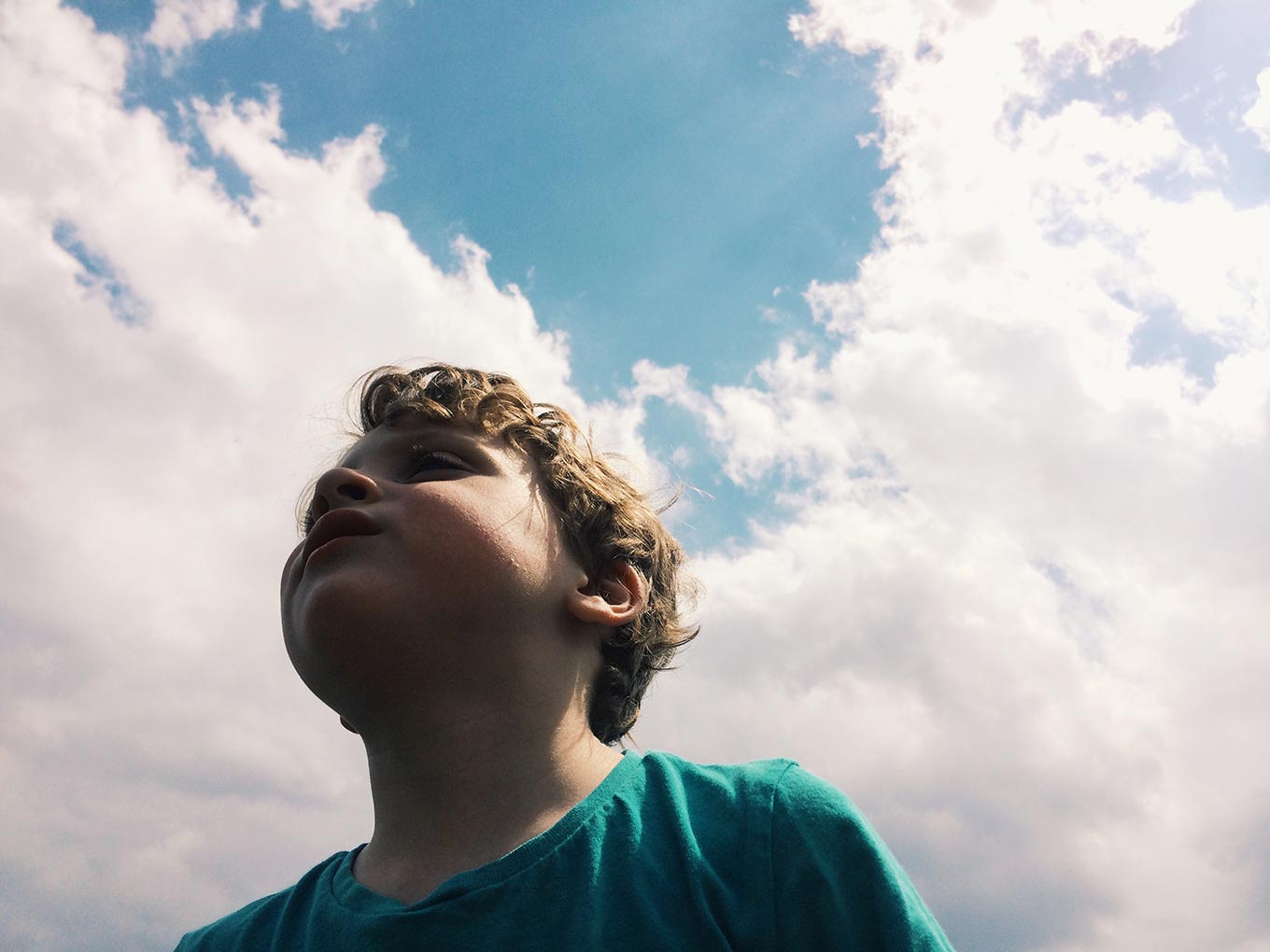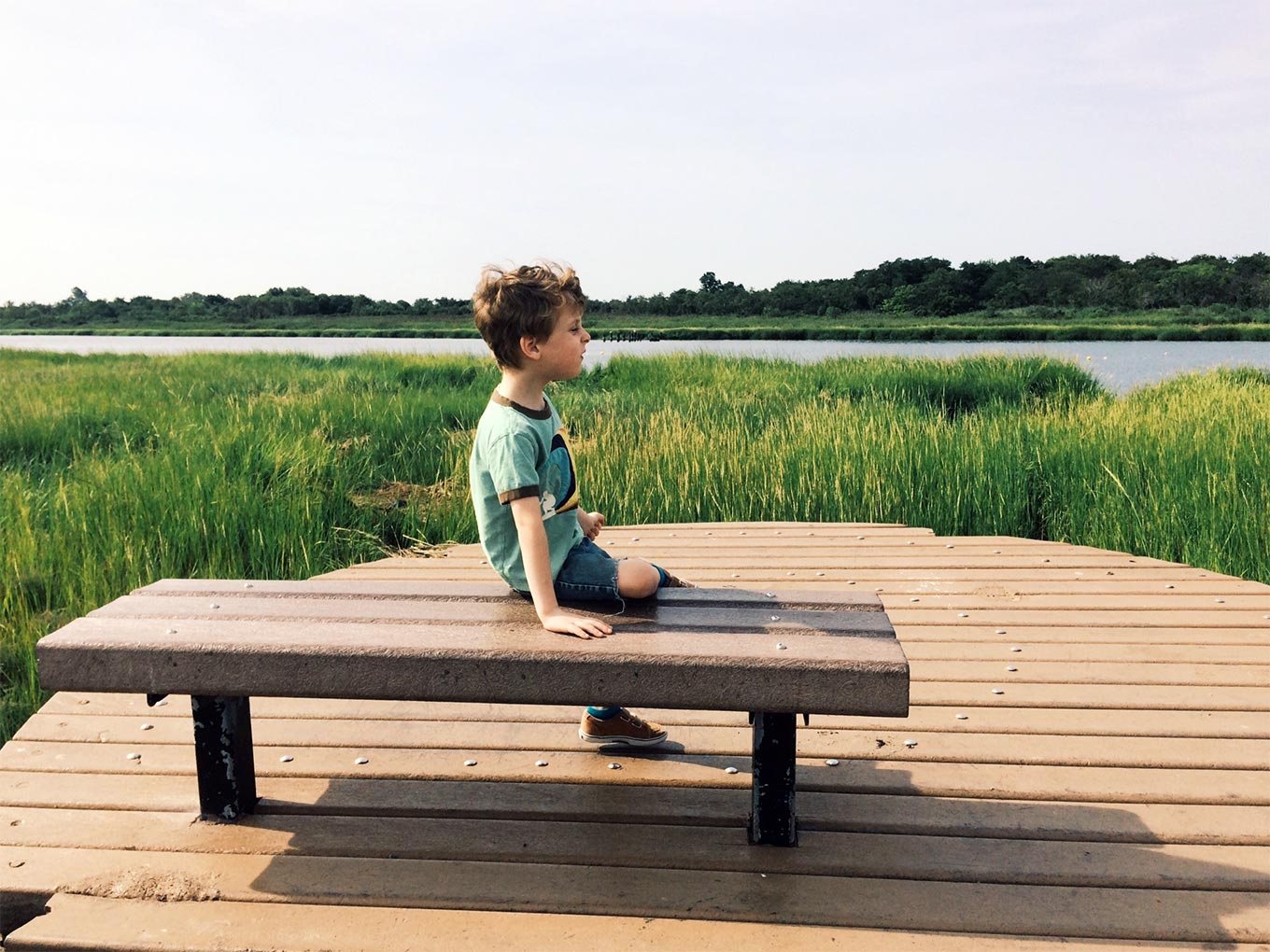 Here are some things I’ve read this past month that I found helpful, informative, or inspiring.
Here are some things I’ve read this past month that I found helpful, informative, or inspiring.
Tip
The Underwear Rule. Due to their vulnerability, children with disabilities including autism are three times more likely to be victims of sexual abuse. The Underwear Rule is a set of five easy-to-remember tips for parents and children to help prevent such abuse. Read more
Science
Autism Prevalence Unchanged in 20 Years. We keep hearing about an epidemic, and I keep saying, "there is no epidemic." Nice to see in-depth, large-scale research supports my contention. As the author notes, "This latest study showing a stable autism prevalence between 1990 and 2010 is in line with a consilience of scientific evidence showing that autism is mostly genetic, has its onset prenataly, and that the apparent increase in prevalence is largely due to diagnostic substitution, increased surveillance, greater acceptance, and broadening of the diagnostic criteria." Read more
Brains of children with autism teem with surplus synapses. There is a some debate on this topic, but a few post-mortem studies seem to confirm that in at least some autism cases, there is a statistically significant surplus in synapses. In this particular study, "Sulzer and his colleagues began by examining postmortem brain tissue from 20 children, half of whom had been diagnosed with an autism spectrum disorder. In line with other studies, they found that the brains of children and adolescents with autism have a higher density of dendritic spines than controls do." (Note: some biomed folks will tell you it's a case of inflammation not surplus, but this is a distortion of the actual science.) Read more
10 Weirdest Things Linked To Autism. A list of bizarre things people once thought caused autism (and in some cases, still do). Read more
Are Children with Autism Better at Math? Although fMRI studies can be problematic, and this is a small study, early indicators suggest enhanced math skills in some people with autism may be due to brain wiring. “Our findings suggest that altered patterns of brain organization in areas typically devoted to face processing may underlie the ability of children with autism to develop specialized skills in numerical problem solving.” Read more
Opinions and insights
Imaginings – an insight in to my autistic mind. An autist describes the "movies" he creates in his mind, and ends with this wisdom: "Overall what I think this shows is that any autistic behaviour will have a meaning, and a purpose behind it — no matter how it might look to neuro-typical people. Everybody has behaviours – they are part of the human condition – and often these can be incredibly beneficial to the person involved. In the case of people who have autism, unless the person is hurting themselves or somebody else, they should just be left to get on with them – you never know what benefits they might bring." Read more
Amplify This: "Don't Murder Your Autistic Kids. Raising a child with any disability is hard, but it's not an excuse for murder. Nonetheless, the media often seem more sympathetic toward the parent who murders their child than they are toward the actual child. "Above all, and right now, reporters and writers need to stop sympathizing with murderers like Kelli Stapleton. Parents need to stop saying that they understand why Kelli chose to poison her daughter, because unless they've actually attempted to murder their own child, then, no, they don't." Read more
What neurodiversity isn't. I love this piece so much. "Neurodiversity means changing the definition of success. It means prizing self-actualization over self-camouflage. It means accepting how integral autism is to one’s identity, one’s understanding of themselves and the world around them. Autism is a Pervasive development disorder — embracing it means understanding that there is no aspect of life that it does not touch. It is the filter through which one experiences and interacts with the world." Read more
Why I Don’t Care What Causes Autism. Because I'm fascinated by the science of autism (and the brain in general), I'm still very interested in how it comes to be. Nonetheless, like the author of this piece, I find many parents (especially with a newly diagnosed kid) can get swallowed up asking "why?" I get it, I was there, too. But now that I'm less worried about why, I'm a lot happier. Read more
Dear "Autism Parents." An adult autistic has some strong and insightful words of advice for parents of autistic children. Read more
This Is My Definition of Autism. A simple, almost poetic definition of autism. Read more
Autism, Parenting, and the Importance of Attitude. I have not always had a positive attitude in life, but somewhat ironically, all the health and developmental issues that have happened to my sons have actually made me a more grateful, reflective person. As Shannon Des Roches Rosa writes in this wonderful piece, "While all parents, of autistic children or otherwise, deserve the right to vent lest our heads and eyeballs explode (and then who would clean that up?), when it comes to complaining, I hope we can try to be dabblers, not devotees. And that, if things really do get too hard to bear, we can rely on communities secured by hard-won optimism to envelop us and hold us aloft, until we have the strength to strike out on our own again." Read more
News
Drexel's autism institute gets $3.6M gift. Nice. "Drexel University’s A.J. Drexel Autism Institute has received a $3.6 million grant from an anonymous donor. The money will be used by the institute’s life course outcomes research program for a series of initiatives focused on understanding and improving quality of life issues for people, at all ages, on the autism spectrum." Read more

 Here are some things I’ve been reading that you might find helpful, informative, or inspiring.
Here are some things I’ve been reading that you might find helpful, informative, or inspiring. There we were, standing on a platform that jutted out into the middle of the
There we were, standing on a platform that jutted out into the middle of the 